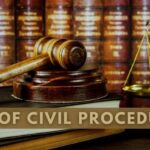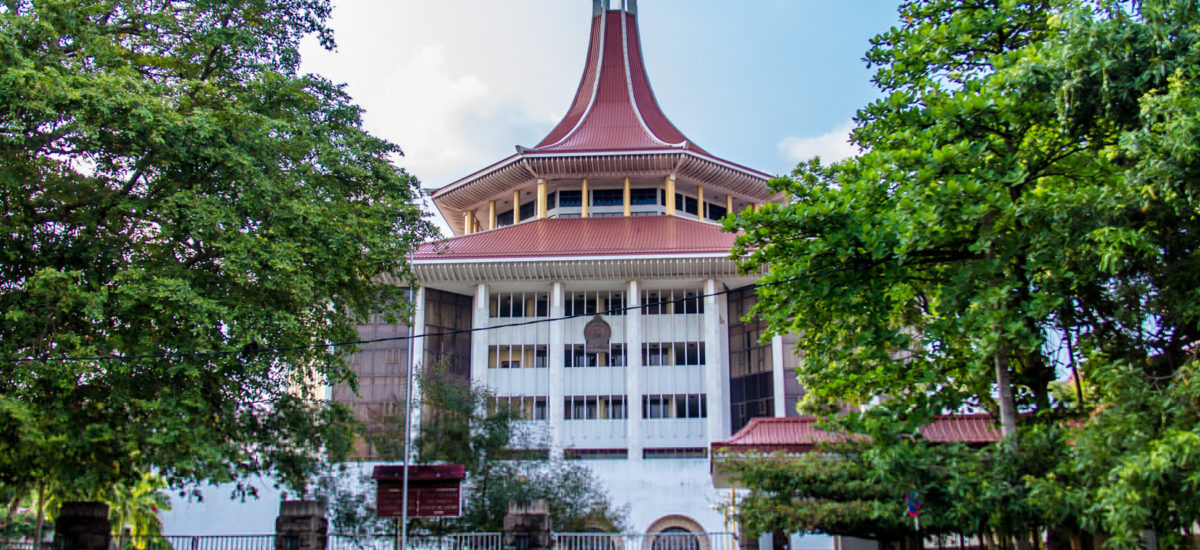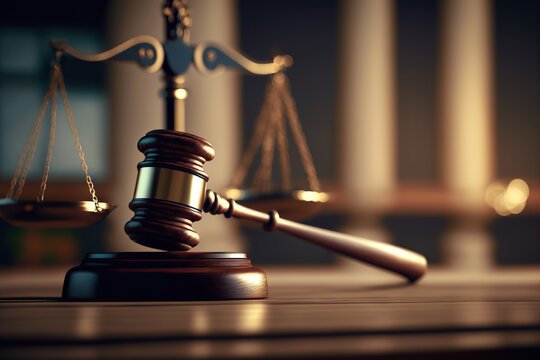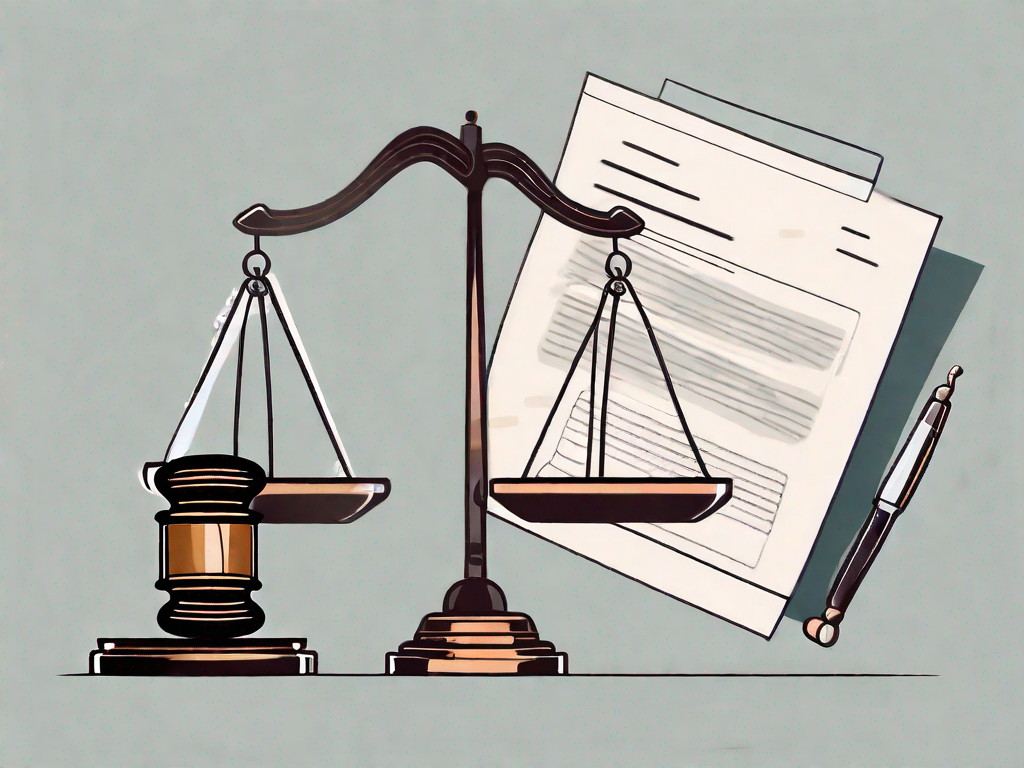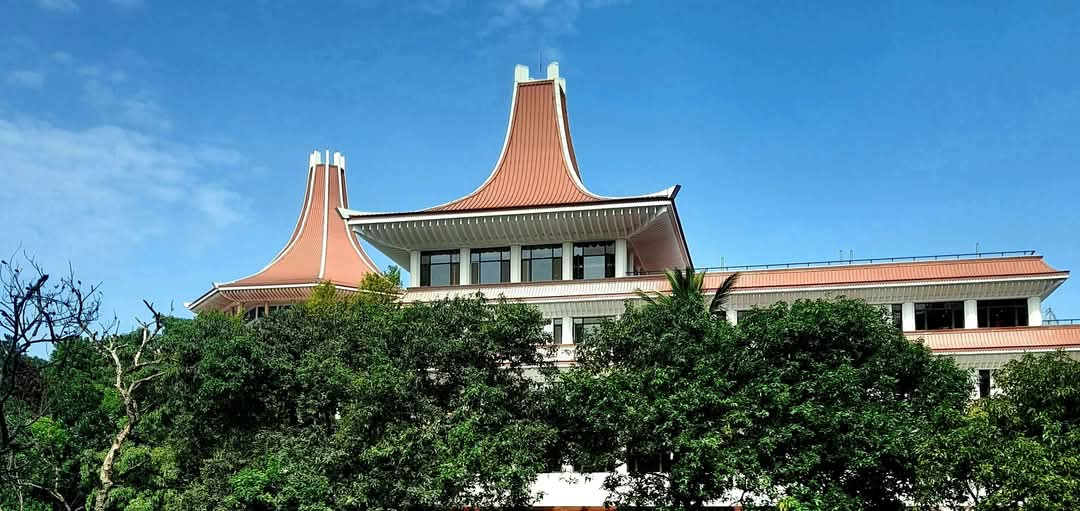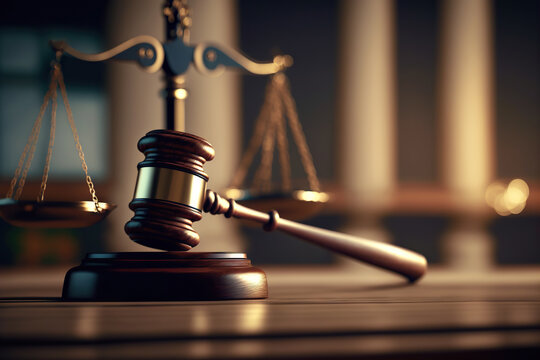‘ALIBI’ Must Be Raised Before Prosecution Concludes Its Case
Principles Stipulated in CrPC For ‘ALIBI’ Extends Also To Magistrate’s Courts- SC
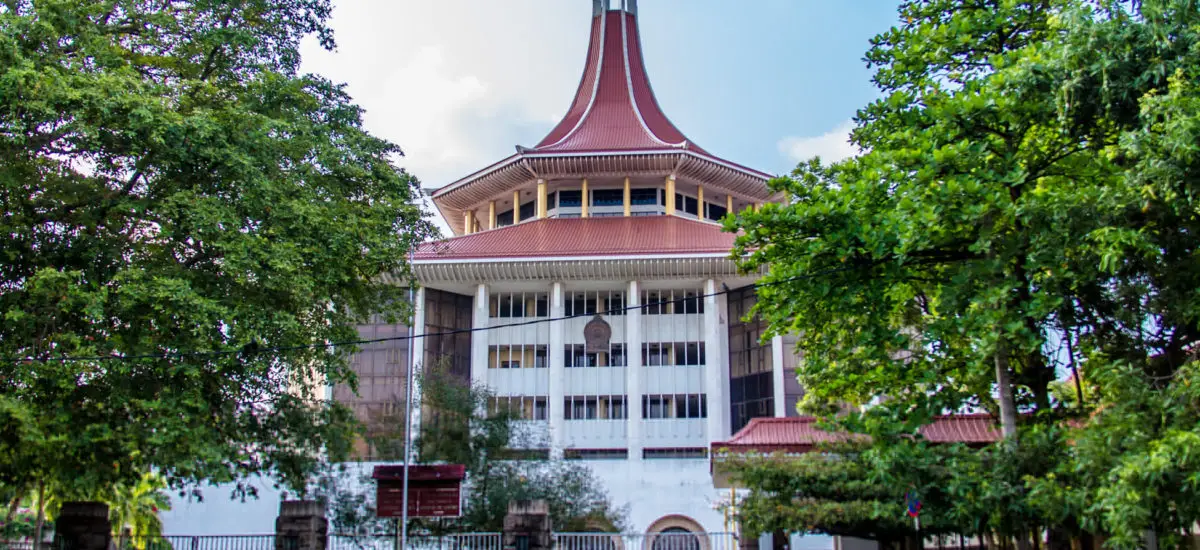
In a recent case, the Supreme Court clarified that the statutory provisions governing the defense of alibi, introduced by Section 126A of the Code of Criminal Procedure Act No. 15 of 1979 (as amended by Act No. 14 of 2005), apply not only to High Court trials but also to proceedings before Magistrate’s Courts. The Court emphasized that alibi defenses are now regulated by statute, not common law, failure to adhere to these requirements renders the alibi inadmissible unless exceptional reasons justify the delay, and even then, it must be raised before the prosecution concludes its case.
The case revolved around an alleged violent altercation that escalated into a criminal offense. According to the prosecution, the accused was present at the scene and played a direct role in the incident, which involved grievous harm to the victim. Witness testimony, including statements from law enforcement officers who investigated the matter, supported this narrative.
The defense claimed that the accused was not at the location when the crime occurred, presenting an alibi during the trial. This alibi was a pivotal aspect of the case but was disclosed for the first time during the accused’s evidence. No details of this defense had been provided earlier—neither during the police investigation nor to the prosecution in advance of the trial.
The trial court found the alibi implausible and dismissed it. The conviction was subsequently upheld by the High Court. The Supreme in the appeal held the following:
“…The defence of alibi is now governed by statutory provisions, not by common law. The Code of Criminal Procedure Act No. 15 of 1979 was amended by the Code of Criminal Procedure (Amendment) Act No. 14 of 2005 by which section 126A was introduced.
In terms of section 126A(1) of the Code of Criminal Procedure Act, no person on trial in the High Court may raise the defence of alibi unless he had raised it during the investigation, providing all relevant details in support of the alibi, or has notified the Attorney General at least 14 days prior to the trial. The legislature now places an onus on the accused to give prior notice of the defence of alibi. If the accused fails to do so, it does not merely weaken the alibi but renders it inadmissible. This principle should apply not only to trials before the High Court but also to those before the Magistrate’s Court.
In terms of section 126A(2) and (3), a mere statement by the accused claiming that he was not present at the scene of the offence is insufficient. The disclosure of an alibi should be given with sufficient particularity to enable the police to meaningfully investigate the defence of alibi. Hence, such disclosure of an alibi must not only state that the accused was not present at the location of the crime when it was committed, but also specify where he was at that time, and the names of any witnesses supporting the alibi. Section 6A(2) and (3) of the UK Criminal Procedure and Investigations Act 1996, which cover the same, are couched in stronger terms. However, according to the proviso to section 126A(1), the Court may permit the defence of alibi to be raised later, but before the conclusion of the prosecution case, if sufficient and satisfactory reasons for the delay are provided. In this regard, the Court should exercise its discretion judicially, not arbitrarily. In Sri Lanka, as the law stands today, the defence of alibi cannot be raised for the first time during the defence case as was done in the instant case. If the Court permits, it must be before the conclusion of the prosecution case…” – Justice Mahinda Samayawardena
‘False Alibi’ Can Strengthen Prosecution’s Case, But Court Must Carefully Assess Motive Behind Lies – SC
In this case the Supreme Court also emphasized that a false alibi can strengthen the prosecution’s case, as it suggests the accused may have fabricated the defence to evade conviction. However, the Court clarified that a fabricated alibi can only be used against the accused if it is proven to have been deliberately concocted to deceive the Court, rather than arising from negligence or mistake.
“…Innocent people sometimes tell lies due to various reasons, not necessarily in fear of guilt. In R v. Middleton [2001] Cr LR 251, Judge L.J. observed: People do not always tell the truth. Laudable as it may be to do so, whatever the circumstances, they do not, or cannot, always bring themselves to face up to reality. Innocent people sometimes tell lies even when by doing so they create or reinforce the suspicion of guilt. In short, therefore, while lying is often resorted to by the guilty to hide and conceal the truth, the innocent can sometimes misguidedly react to a problem, or postpone facing up to it, or attempt to deflect ill-founded suspicion, or fortify their defence by telling lies.
The Lucas principle established in the landmark case of R v. Lucas [1981] QB 720 provides that lies told by an accused both in and out of Court may be treated as corroborative evidence indicative of the accused’s guilt, subject to certain safeguards. Accordingly, for a lie to be considered corroborative, (a) it must be unequivocally proven to be false, either by admission or through independent evidence. Moreover, (b) the lie must be deliberate, (c) relate to a material issue in the case, and (d) stem from the realization of guilt, not for any other reason. This principle ensures that not every falsehood told by the accused automatically leads to an inference of guilt, and it must be carefully assessed in the context of the case…”- Justice Samayawardena
Alibi Creating Reasonable Doubt Entitles Accused to Acquittal
The Supreme Court also affirmed that an alibi defence cannot be rejected solely due to lack of corroboration or compelling prosecution evidence. The Court emphasized that if the alibi raises reasonable doubt regarding the accused’s presence at the crime scene, the accused is entitled to an acquittal.
“…In Gunapala v. The Republic of Sri Lanka [1994] 3 Sri LR 180 at 184, it was held that the Court cannot refuse to consider a plea of alibi on the basis that the evidence of the accused on alibi was not corroborated by other evidence. In Lionel alias Hitchikolla v. The Attorney General [1988] 1 Sri LR 4, G.P.S. De Silva J. (as he then was) stated at page 8: An alibi may broadly be described as a plea of an accused person that he was elsewhere at the time of the alleged criminal act. What is important for present purposes and what needs to be stressed is that it is a plea which casts doubt on an essential element of the case for the prosecution, namely that it was the 1st appellant who committed the criminal act charged. In other words, if the jury entertained a reasonable doubt in regard to a constituent element of the offence, namely the criminal act (factum) then the 1st appellant is entitled to an acquittal.
An alibi cannot be rejected on the ground that the prosecution has led cogent and compelling evidence. The Supreme Court of Appeal of South Africa in S v. Liebenberg 2005 (2) SACR 355 at para 14 stated: Once the trial court accepted that the alibi evidence could not be rejected as false, it was not entitled to reject it on the basis that the prosecution had placed before it strong evidence linking the appellant to the offences. The acceptance of the prosecution’s evidence could not, by itself alone, be a sufficient basis for rejecting the alibi evidence. Something more was required. The evidence must have been, when considered in its totality, of the nature that proved the alibi evidence to be false.
When the accused sets up a defence of alibi, J.A.N. De Silva C.J. in Jayatissa v. Attorney General [2010] 1 Sri LR 279 at 283 suggested three postulates: (i) if the evidence is not believed the alibi fails (ii) if the evidence is believed the alibi succeeds (iii) if the alibi evidence is neither believed nor disbelieved but would create a reasonable doubt the accused should get the benefit of the doubt. In Ranasinghe v. O.I.C, Warakapola Police Station (SC/APPEAL/39/2011, SC Minutes of 02.04.2014), Dep J. (as he then was) articulated the same…”– Justice Samayawardena
Burden of Proof in Alibi Claims: Accused Entitled to Benefit of Doubt
“…With regard to the proof of alibi, the law can be summarized as follows: Under section 101 of the Evidence Ordinance, the prosecution has the overall burden of proving the charge against the accused and must do so beyond a reasonable doubt. Under section 103 of the Evidence Ordinance, the burden of proving an alibi falls on the accused. However, the burden shifts to the accused only after the prosecution has established its case beyond a reasonable doubt. If the evidence presented by the accused creates a reasonable doubt regarding his presence at the scene of the crime, the accused is entitled to the benefit of that doubt and, consequently, to an acquittal, for the overall burden of proof remains on the prosecution. In this process, the Court must evaluate the evidence from both parties holistically to reach the correct conclusion…”– – Justice Mahinda Samayawardena
Timely Alibi Disclosure Crucial in Sri Lankan Legal Precedents
“…Sri Lankan jurisprudence consistently rejects belated alibi pleas that are not raised in a timely manner. In the Supreme Court case of Vishawanadan v. Attorney General [2021] 1 Sri LR 14, De Abrew J. stated that if the accused takes up a plea of alibi, he shall put it to the prosecution witnesses during cross-examination. If the plea of alibi is presented for the first time in the dock statement, the Court can reject it as false. In Gunasiri v. Republic of Sri Lanka [2009] 1 Sri LR 39 at 46, De Abrew J. held that the failure to suggest the defence of alibi to the prosecution witnesses who implicated the accused implies that the plea is a false one. In the case of The Republic of Sri Lanka v. Marsook alias Chutta (CA/HCC/2/2019, CA Minutes of 08.12.2022), Kaluarachchi J. at page 6 took the view that the failure to suggest the defence of alibi to the prosecution witnesses provides a strong basis for rejecting the alibi. The importance of furnishing the details regarding the alibi at the first opportunity was highlighted by Tilakawardane J. in Silva v. Silva [2002] 2 Sri LR 29 at 33…” – Justice Samayawardena
Penal Code Exceptions: Should Be Proven on Balance of Probability- SC
“…The Penal Code recognizes both general and special exceptions to criminal liability, and in such cases also, the burden falls on the accused to establish these exceptions. The accused should prove any general or special exception on a balance of probability (The King v. Don Nikulas Buiya (1942) 43 NLR 385, Perera v. Republic of Sri Lanka [1978-79] 2 Sri LR 84, Chaminda v. Attorney General (SC/APPEAL/97/2012, SC Minutes of 13.09.2023) – Justice Samayawardena
Accused Need Not Prove His Innocence
“…The accused need not prove his innocence. The prosecution shall prove his guilt. His innocence is presumed and guaranteed under Article 13(5) of the Constitution as a fundamental right, subject to the condition that “the burden of proving particular facts may, by law, be placed on an accused person.” This framework aims to secure a “fair trial”, which itself is a fundamental right guaranteed under Article 13(3) of the Constitution. This protection is vital in a democratic society that upholds the values of human dignity, freedom and equality…”- Justice Samayawardena
Case No: SC APPEAL NO: SC/APPEAL/61/2023 [Decided on 09.10.2024]
Before: Hon. Justice P. Padman Surasena Hon. Justice E.A.G.R. Amarasekara Hon. Justice Mahinda Samayawardhena


